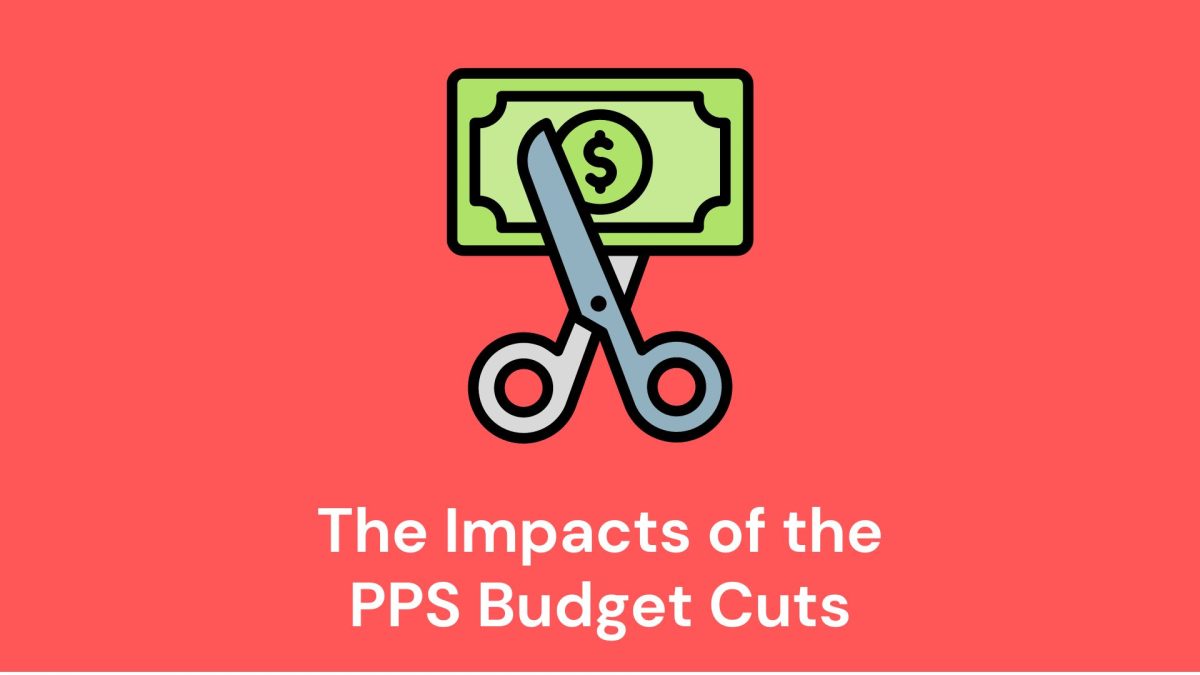In 2023, over 500,000,000 movie tickets were sold in the U.S. as people flocked to theaters to watch their favorite characters on the screen. Maybe they’re watching the most recent “Hunger Games” movie, the sequel to “Dune” or the “Mean Girls” remake. There is one thing that these three movies—and so many others—have in common: they are remakes of or sequels to preexisting movies.
Lincoln IB Film teacher Jordan Sudermann has seen an increase in movie remakes or sequels since he first became passionate about cinema at college in 1999-2003. He attributes this sudden surge to the habits of moviegoers.
“Audiences like what they’re familiar with, and the majority of people aren’t going to go out and see something that they’re unfamiliar with, or that might challenge them,” he said.
Sudermann also said studios are motivated to make remakes or sequels due to a desire for profit.
“Partly because of that, [remakes] make a lot of money. [Movie studios are] not going to do that by innovating or spending money on a new story. They’re going to use their pre-existing intellectual property to continue making money on something that they already own,” Sudermann said.
The strategy to create remakes or sequels in order to maximize profits is certainly working. Of the 53 movies that have grossed over $1 billion, 38 are sequels or remakes.
Senior Issac Coltman believes that this desire for profit results in lower quality movies.
“When they’re remaking [a movie], they’re going to only create something that they know [the] audience is going to like. They aren’t going to give a certain care and respect to the original intention of the art,” Coltman said. “In that transition between making [a movie] as a piece of art and making it into a product, you lose a lot.”
Senior JJ Klein-Wolf agrees. Her older sister works at a talent agency, and said original scripts are often passed over for more well-known movies.
“All the time, [my sister says], ‘I’m so excited about this [script], but it’s never going to be made because studios want to put money into a 17th Star Trek movie or the sequel to Five Nights at Freddy’s,’” said Klein-Wolf. “It’s disappointing [because] there are so many artists with really unique stories to tell.”
For Sudermann, the trend of movie remakes has moved cinema away from art and creativity.
“A lot of new studios are just making the same product, just slightly different stories with the same characters, so they can keep pulling in the same audiences and making the same money,” he said. “That is a problem for those that view film as an art form more than a form of entertainment.”
Klein-Wolf can also see a positive side to remakes and sequels: a way to bridge the gap between older and younger generations. She watched the recently released “Indiana Jones and the Dial of Destiny” with her dad, who was a fan when the Indiana Jones movies were first released.
“I remember my dad was so excited because people are watching Indiana Jones. [It brought up] that nostalgia factor for him to watch Indiana Jones, and it also opens up a new audience,” she said.













